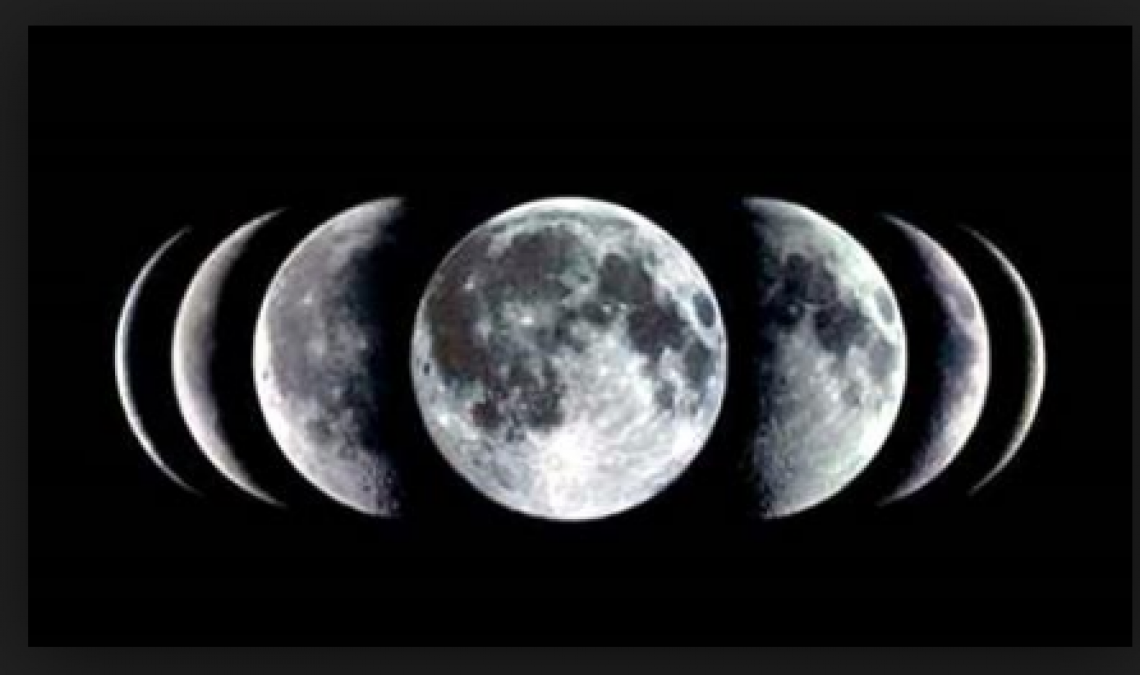
Hindus have believe that the fortnightly cycle of the moon exerts a great influence on the human anatomy, just as it affects the water bodies on earth in cycles of tides. During a full moon, a person may tend to become restless, irritable and ill-tempered, showing signs of behavior that hints of 'lunacy'— a term derived from the Latin word for moon, "luna." In Hindu practice, there are specific rituals for the new moon and full moon days.
also read Morality in Buddhist approach on its rules of tradition and religion
Fasting On Purnima/ Full Moon
Purnima, the full moon day, is considered auspicious in the Hindu Calendar and most devotees observe fast throughout the day and pray to the presiding deity, Lord Vishnu. Only after a whole day of fasting, prayers and a dip in the river do they take light food at dusk.
It is ideal to fast or take light food on full moon and new moon days, as it is said to reduce the acidic content in our system, slows down the metabolic rate and increases endurance. This restores the body and mind balance. Praying, too, helps in subduing the emotions and controls the outburst of temper.
Fasting on Amavasya/ New Moon
The Hindu calendar follows the lunar month, and Amavasya, the new moon night, falls at the beginning of the new lunar month, which lasts for about 30 days. Most Hindus observe a fast on that day and offer food to their ancestors.
According to Garuda Purana (Preta Khanda), Lord Vishnu is believed to have said that the ancestors come to their descendants, on Amavasya to partake of their food and if nothing is offered to them they are displeased. For this reason, Hindus prepare 'shraddha' (food) and await their ancestors. Many festivals, such as Diwali, are observed on this day, too, since Amavasya marks a new beginning. Devotees vow to accept the new with optimism as new moon ushers in the hope of a new dawn.
How to Observe a Purnima Vrat / Full Moon Fast
Usually, the Purnima fast lasts for 12 hours--from sunrise to sunset. People on fast do not consume rice, wheat, pulses, grains and salt during the duration this time. Some devotees take fruits and milk, but some observe it rigidly and go even without water depending on their capability of endurance. They spend time praying to Lord Vishnu and conducting the sacred Shree Satya Narayana Vrata Puja. In the evening, after sighting the moon, they partake of the 'prasad' or divine food along with some light food.
also read Hinduism: Popular Ancient Law ‘Manu’ (Manava Dharma Shastra)